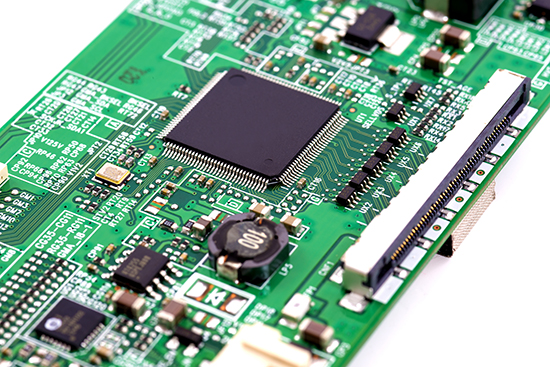How to Prevent Tin Connection Short Circuit During Wave Soldering
Wave soldering plays a key role in the PCB assembly process. Its main function is to effectively connect electronic components to PCB boards through soldering technology. During the process of using wave soldering, tin connection short circuit may occur. How to prevent this phenomenon?

1. Use Components and PCB with Good Solderability
Choosing components and PCB with good solderability can effectively reduce the probability of short circuit in tin connections during wave soldering. This is because good solderability ensures that components and PCB surface coating materials are easier to solder during the soldering process. At the same time, pad size and pad position accuracy can also reduce the possibility of short circuit in tin connections.
2. Improve the Activity of Flux
The main function of flux is to effectively remove oxides on the surface of welding parts, thereby enhancing the wetting performance of the solder and further improving the welding quality. Appropriately increasing the activity of the flux can help reduce the occurrence of short circuits in tin connection, because the flux can better wet the pad, making the welding more uniform.
3. Preheat and Increase pad Wetting Performance
Preheating the PCB can help the solder flow better during soldering and enhance the wetting performance of the pad, thus improving the soldering quality. The preheating temperature should be determined based on the specific PCB and component characteristics, and can usually be raised to a suitable temperature range, such as around 80°C.
4. Increase Solder Temperature
Increasing the temperature of the solder can help the solder flow better when soldering, resulting in a more uniform soldering result. It is worth noting that increasing the temperature of the solder may cause damage to components and PCB, so the appropriate soldering temperature must be determined based on the specific components and PCB.
5. Remove Harmful Impurities
Harmful impurities may adversely affect the wetting properties of the solder, resulting in reduced soldering quality. Therefore, before performing the soldering operation, harmful impurities are removed to reduce the cohesion of the solder, which facilitates solder separation between two solder joints. Cleaning methods such as detergent, alcohol, and compressed air can be used to effectively remove harmful impurities.
In addition, there are some problems that need be paid attention to during the wave soldering technology, for example: before wave soldering, please check the operation of the equipment, the quality of the PCB to be soldered, and plug-in condition.
SHENZHEN HOYOGO ELECTRONIC TECHNOLOGY CO., LTD. is a company specializing in providing overall PCBA electronic manufacturing services, including one-stop service from upstream electronic component procurement to PCB production and processing, SMT patching, DIP plug-ins, PCBA testing, finished product assembly, etc.
评论
发表评论